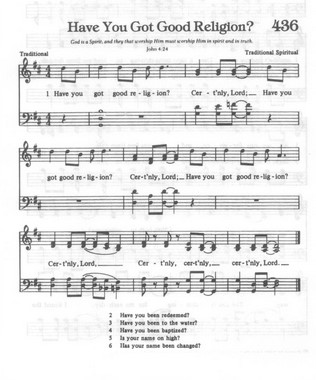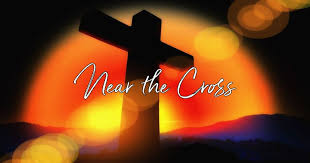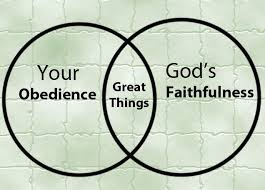Where has the time gone?
It’s May, 2023. In a few weeks, we will enter midyear. And my question is this. What have you done with the time gifted to you? Did you squander it?
Have you rushed to do the routine rather than enjoying the uniqueness of each day. The rich fool spent his time in the routine of planting, not knowing that his soul would be required of him, sooner than later. (Luke 12:13-21)
Have you spent your time pondering over past hurts and offenses? There is little to be gained in such activities and definitely nothing that can be useful in accomplishing God’s purpose for our lives. The brother of the prodigal son was offended and jealous of the attention his brother received. He chose to “cling” to his anger. He was offended and “would not come in.” (Luke 16:25-32)
If given the prognosis that you had six months to live, how would you spend your time? This is the topic for discussion in this Throwback Wednesday.
Six months to live?
What would you do if after your annual physical exam, the doctor shared the sobering fact that you have six months to live? This is not a scenario I would wish on anyone. However, in reality, we don’t know how much time we have left in our frail and finite lives (Ps. 90:10-12). It really could be six months, six days, or six years. So what’s my point?
We have passed the midpoint of 2021. Taken in a larger context, we have moved passed the events of 2020, with its losses and human volatility. BUT GOD has brought us safely to this point in time (Prov. 18:10). And what will we do with the time that remains? What will we do with our next six months? Will we live our life as if there is no tomorrow? Or will we live each day with gratitude and intentionality?
Living with gratitude and intentionality
Gratitude is an emotion expressing appreciation and thankfulness for what one has. Regrettably, we often miss the mark in articulating gratitude. In the busyness of living, we take for granted those things God provides through His grace.
Intentionality is the fact of being deliberate or purposeful. Living with intention means that we consciously direct our thoughts, beliefs, and actions toward some object or situation. For believers, this object is Jesus and the Kingdom of God.
A second invitation to abundant living
Both gratitude and intentionality are key in moving us closer to the abundant life God has designed for each of our lives (Ep. 2:10; John 10:10).
As we examine our lives (with six months to live), it might be helpful to revisit the blessings God has for us when we practice gratitude and intentional living.
Abundant Living is a great reminder of God’s possibilities for the time He is giving us. What will we do with our next six months?









